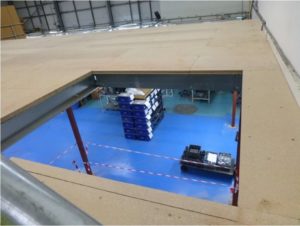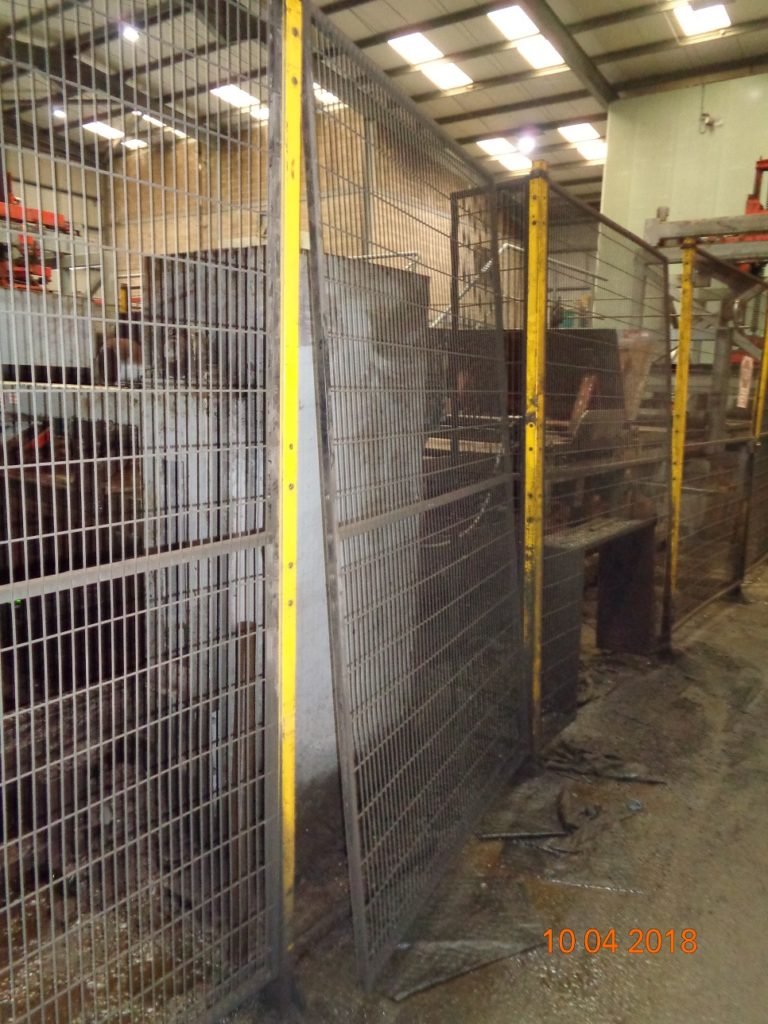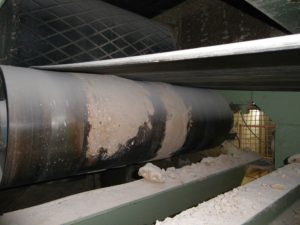Engineering company Lymington Precision Engineers Co Limited was fined £24,447 (inc.costs) for failing to control the risk of its employees developing dermatitis following exposure to metalworking fluid.
A visit by the HSE found the company had failed to ensure that adequate measures were in place for the control of exposure to metalworking fluids, exposing their employees to the risk of contracting dermatitis.
The HSE inspector said:
“This case could so easily have been avoided by simply implementing correct control measures and appropriate working practices. Appropriate controls could include provision and use of well-fitting overalls, use of gloves in contact with contaminated work pieces, avoidance of the use of airlines for cleaning activities, and the provision of an effective skin care regime. Control of exposure to hazardous substances is a legal requirement on employers and HSE provides guidance on how control can be achieved.”
“This case could so easily have been avoided by simply implementing correct control measures and appropriate working practices. Appropriate controls could include provision and use of well-fitting overalls, use of gloves in contact with contaminated work pieces, avoidance of the use of airlines for cleaning activities, and the provision of an effective skin care regime. Control of exposure to hazardous substances is a legal requirement on employers and HSE provides guidance on how control can be achieved.”
It is interesting that no mention is made of the requirement for local exhaust ventilation (LEV). This could have arisen because either:
- The LEV was adequate, in which case the company had taken the primary steps to control respiratory ill health from metalworking fluids,
- The HSE's press release (from which this blog is derived) failed to mention a key requirement, or
- There is a mismatch in HSE stances on metalworking fluids in applying indg365.pdf.
For those in the Bristol area, do come along to the IOSH Bristol and West presentation on the health risks, assessment and control of metalworking fluids and mild steel welding fume, given by an HSE occupational health specialist.
The date and time are 11th June 2020, from 13:00 to 15:00 and the location is the BAWA Club, Filton, BS34 7RG.
It's free and IOSH Bristol and West go out of our way to make you welcome.







